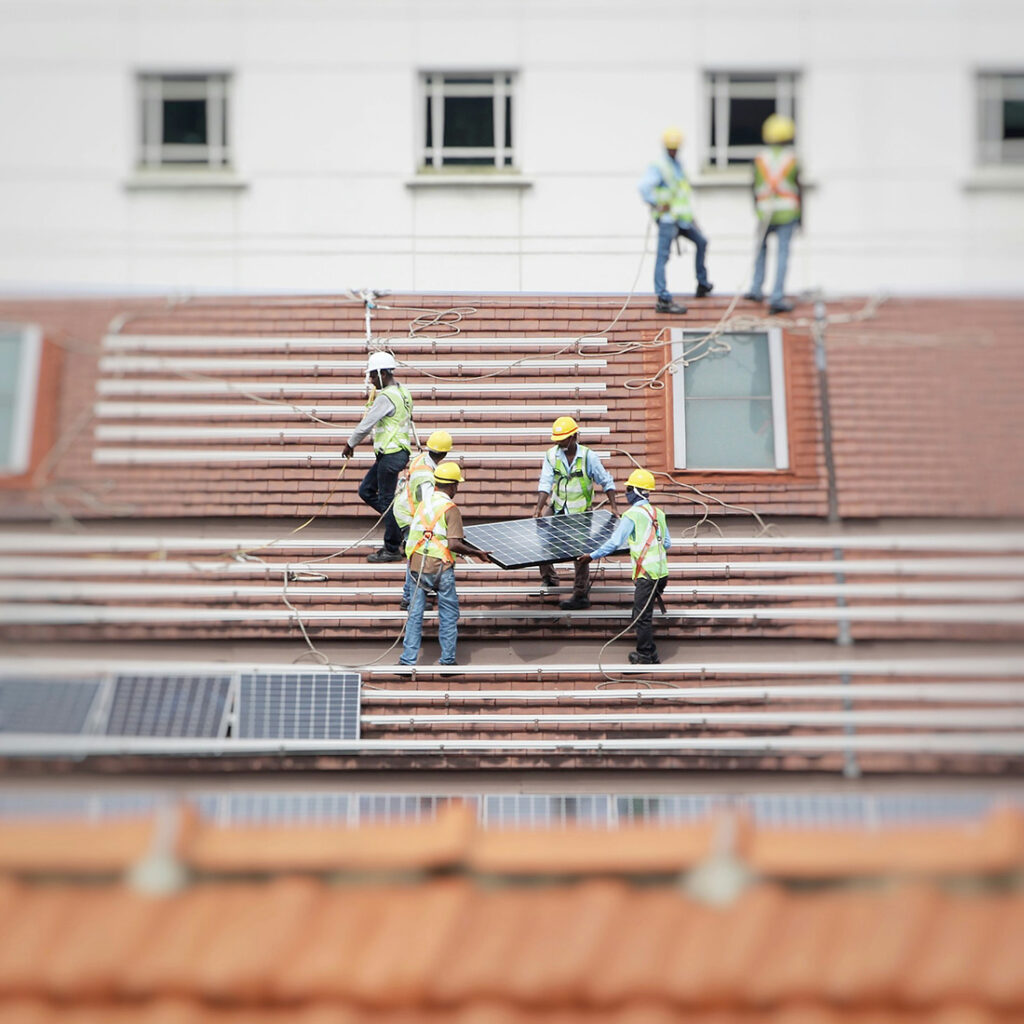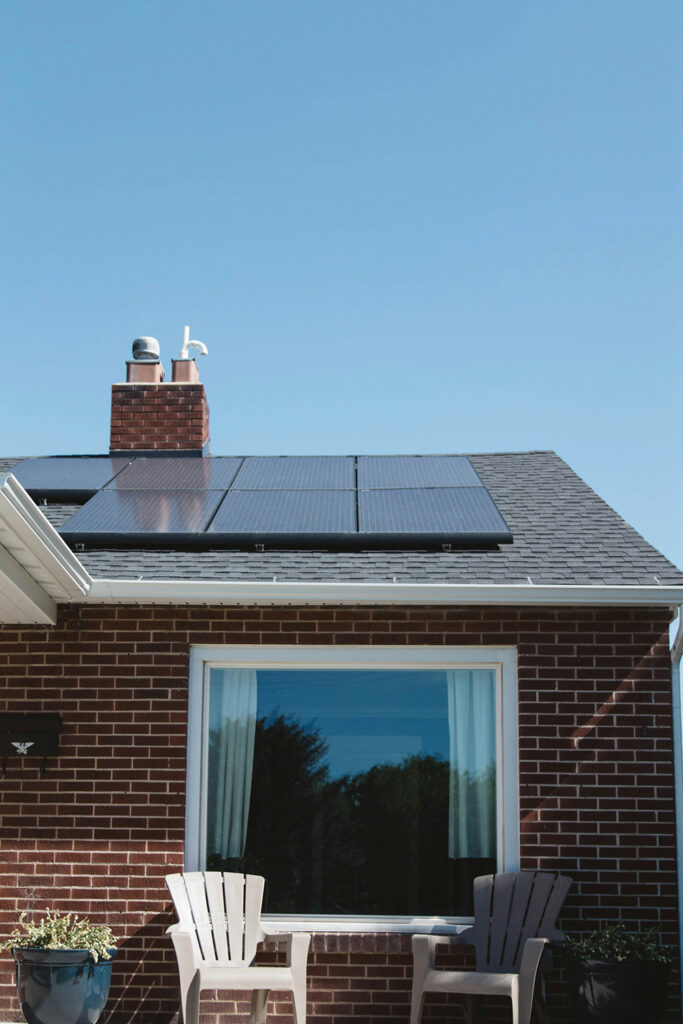Solar Power for Section 8 Housing
As different industries increasingly embrace renewable energy sources, solar power stands out as a sustainable and economically viable option for residential properties. For Section 8 housing, the integration of solar power presents a unique opportunity. Not only can it contribute to environmental sustainability, but it also offers significant financial benefits for property owners and tenants. Solar power is perfect for Section 8 housing, focusing on tax incentives, power savings, and the financial stability it offers to both tenants and property owners.
Financial Incentives for Section 8 Solar Power Adoption
Tax Credits and Rebates
One of the most compelling reasons for Section 8 housing owners to consider solar power is the array of financial incentives available. The federal government offers the Investment Tax Credit (ITC), which allows property owners to deduct a 30% of the cost of installing a solar energy system from their federal taxes.
Additionally, many states offer their own incentives, including rebates, performance-based incentives (PBIs), and Solar Renewable Energy Certificates (SRECs). These state-specific programs can further reduce the financial burden of installing solar panels, making the investment even more attractive for Section 8 housing owners.

Section 8 Utility Savings and Economic Benefits
Reduced Electricity Bills
Solar power can drastically reduce or even eliminate electricity bills for Section 8 housing properties. By generating electricity on-site, property owners can offset their reliance on grid power, leading to substantial savings. For tenants, this means lower utility bills, which is particularly beneficial for low-income families. The utility allowance provided to Section 8 tenants can cover these reduced costs, ensuring that they can comfortably manage their utility expenses.
Revenue Generation
Section 8 housing owners can also generate revenue by acting as the utility provider for their tenants. With solar power systems in place, property owners can charge tenants for electricity usage, often at a lower rate than traditional utility companies. This arrangement provides a stable and predictable income stream, enhancing the financial viability of the property.
Example Scenario
A Section 8 housing rental property installs solar energy system with a net cost of $41,000. The solar system generates annual electricity savings of roughly $5,000. This allows the owner to recoup the initial investment in approximately 8 years. Over a 25-year period, the system saves the owner a total of $125,000. Subtracting the initial net cost and maintenance costs, the owner realizes a net profit of roughly $80,000. This investment not only provides substantial financial returns but also increases the property’s value.
Increased Property Value and Marketability

Increased Property Value
Installing solar panels can significantly increase the value of a property. Studies have shown that homes with solar energy systems sell for more than those without. For Section 8 housing owners, this means a higher return on investment when the property is sold. Moreover, the enhanced property value can make it easier to obtain financing and improve the overall financial health of the property.
Attracting and Retaining Tenants
Energy-efficient homes with lower utility costs are highly attractive to tenants. By offering solar-powered housing, Section 8 property owners can stand out in the competitive rental market. This can lead to higher occupancy rates and longer tenancy durations, reducing the costs associated with tenant turnover and vacancy.
Environmental and Social Benefits
Environmental Impact
The environmental benefits of solar power are well-documented. Solar energy reduces greenhouse gas emissions, decreases reliance on fossil fuels, and lowers the carbon footprint of a property. For Section 8 housing, adopting solar power aligns with broader goals of environmental sustainability and responsibility.
Social Equity
Providing affordable housing is a crucial aspect of social equity, and integrating solar power into Section 8 housing enhances this mission. By reducing utility costs and offering a more stable financial environment for tenants, solar power helps to alleviate some of the economic pressures faced by low-income families. This contributes to a more equitable society where everyone has access to affordable, sustainable housing.
Section 8 and Solar the Perfect Match
Solar power is an ideal fit for Section 8 housing, offering a plethora of financial, environmental, and social benefits. With substantial tax incentives and rebates available, the initial investment in solar energy becomes manageable and highly rewarding. The reduction in electricity bills and potential for revenue generation provides financial stability for both property owners and tenants. Furthermore, the increased property value and marketability make solar-powered Section 8 housing a smart investment.


